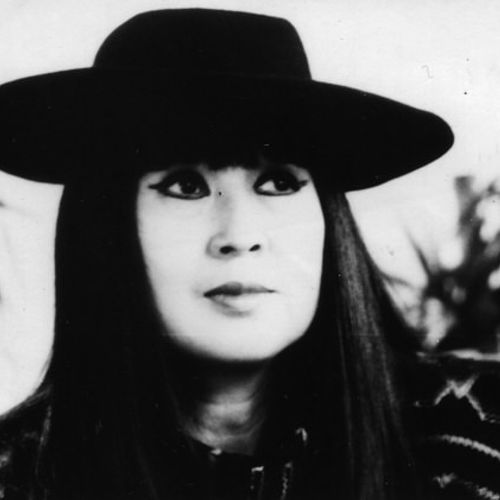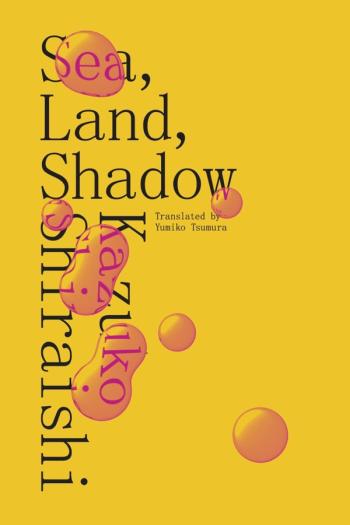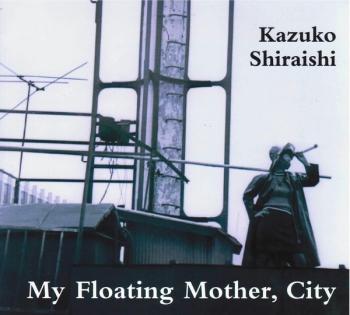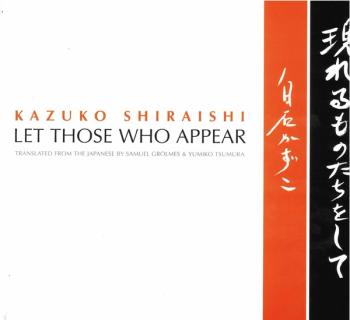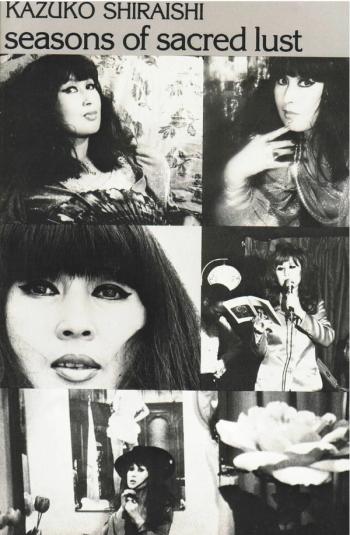Seasons of Sacred Lust is Kazuko Shiraishi’s challenge to the conventions of Japanese erotic poetry. Born in Vancouver, Canada, Shiraishi was taken to Japan by her family just prior to World War II, and her first poetry (written at age seventeen, published at twenty) emerged from the violence and ugliness of postwar Tokyo. Her earliest work, associated with the avant-garde magazine Vou, shows her talent for vivid, bizarre, almost surrealistic imagery. Her later writing, coming out of her deepening involvement in the world of modern jazz and her increasing emphasis on the performance of her poetry, dramatizes a society of estrangement and alienation where music and poetry provide the only values, and sex the only solace, in a disintegrating world. This selection is translated by a group of Japanese and American poets: Iluko Atsumi, John Solt, Carol Tinker, Yasuyo Morita, and Kenneth Rexroth who provided an informative, perceptive introduction.
